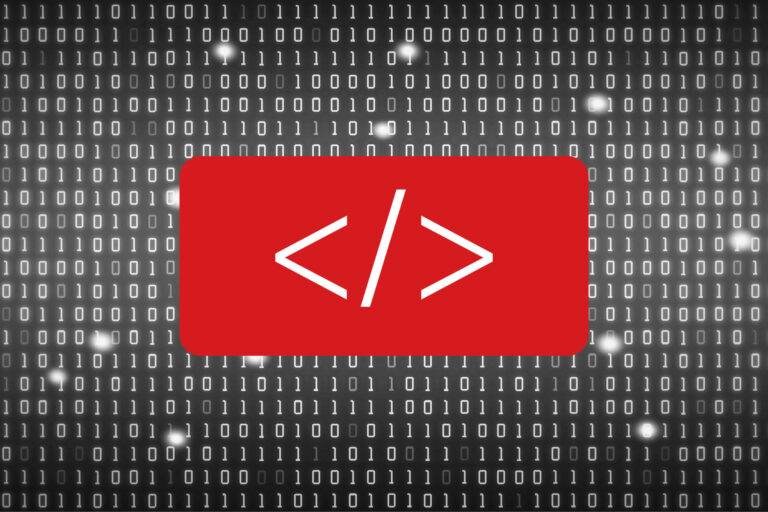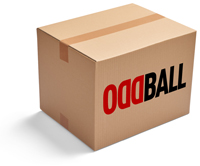A website is not an easy thing to develop or maintain. Website maintenance is a very important task for any company. Not only do they have to make sure that the web technologies used are updated and bugs are corrected, the content of the website also needs to be organised, archived and updated.
An average website can have hundreds and hundreds of pages of text, images and other content and managing all this manually is almost impossible. This is where content management systems come to the rescue. Any website must have content management systems or CMS to run smoothly as this system maps content to the right pages, makes content easy to update and upload.
Content Management System (CMS)
A CMS is basically a software that allows web administrators to publish, modify and edit web content very easily. It allows content to be managed from a central interface, which eliminates confusions and version errors. A content management eliminates the need to hand code entire webpages.
With a CMS, people who have no knowledge about HTML and other scripting languages can still maintain a website efficiently and become a webmaster. There are a variety of content management available online where WordPress is the most popular open source CMS. Large organizations often have their own customized enterprise content management system unique to their companies.
Features of a CMS
Content management systems are comprised of two components – the CMA or content management application and the CDA or the content delivery application. The CMA allows people to edit, create and remove content without knowing HTML or other web technologies. The CDA arranges, organizes and compiles the content and uploads it to the website. Web content publishing, indexing, format management, version control, retrieval and search are the common features of all content management systems.
The publishing feature provides various templates that users can use to modify web content. The format management feature converts the finalized content into HTML or PDF files for the website. Version control is one of the most important features of a website as it tracks all the changes made to the content and stores the various versions of the files making it easy to go back to an older version. The CMS also indexes all the pages making them easy to find and allows users to find any file using keywords.
Most importantly, a content management system ensures that web content is optimized for search engines. It identifies and corrects errors in design, grammar and structure making it far more effective than manually managing web content.






